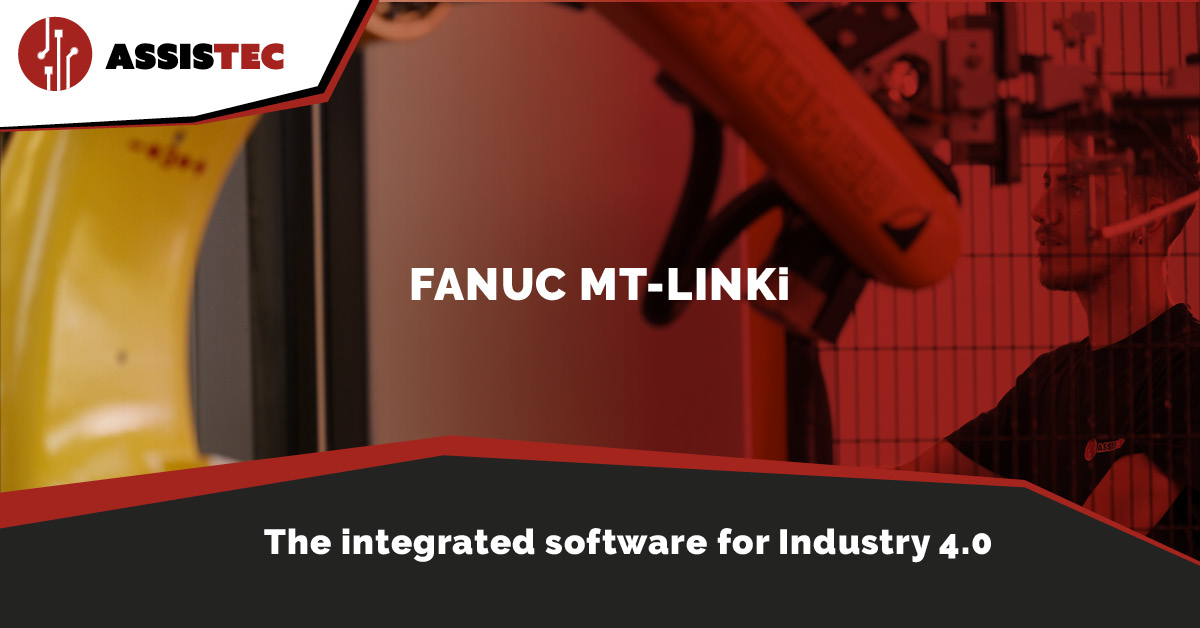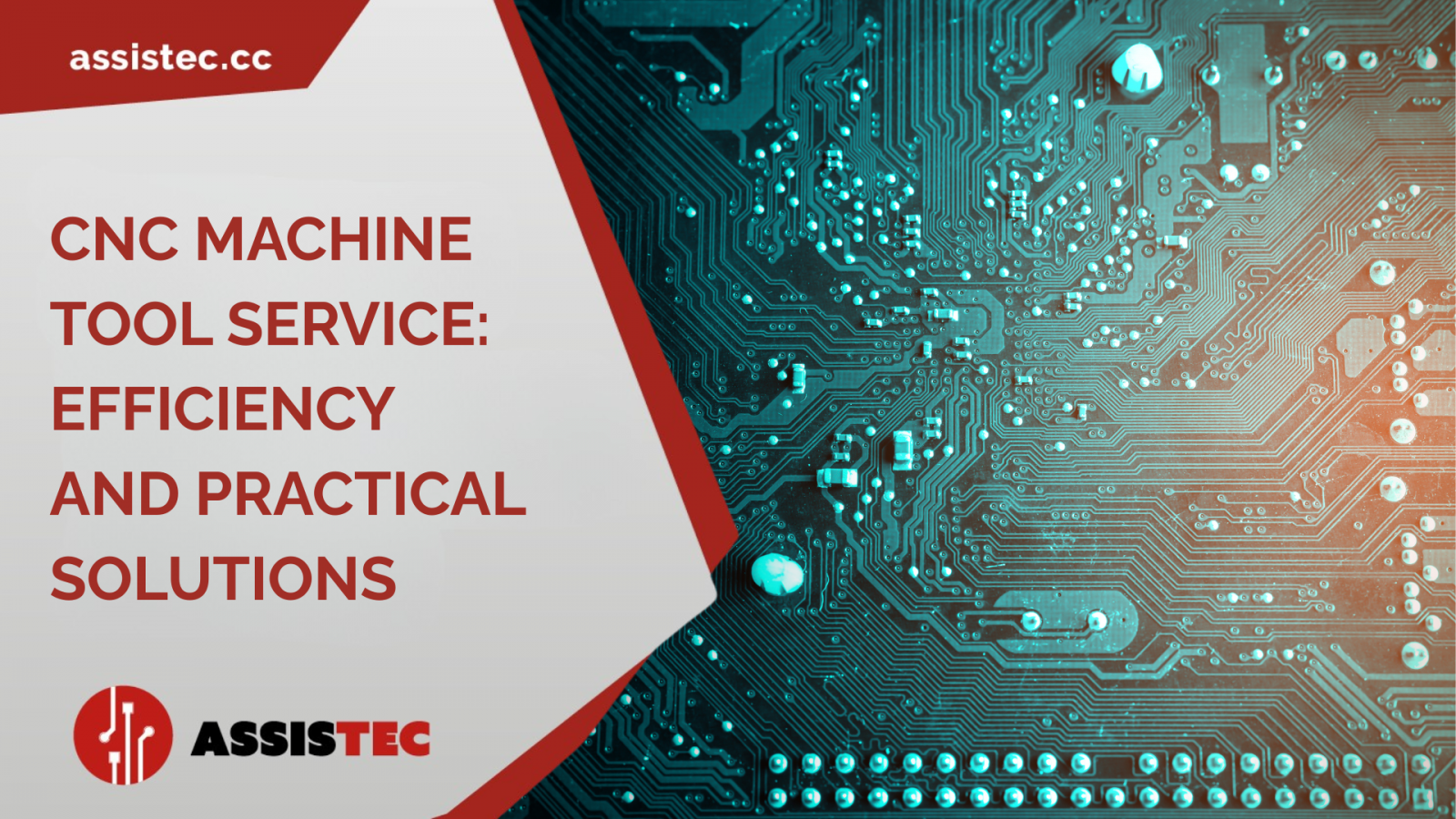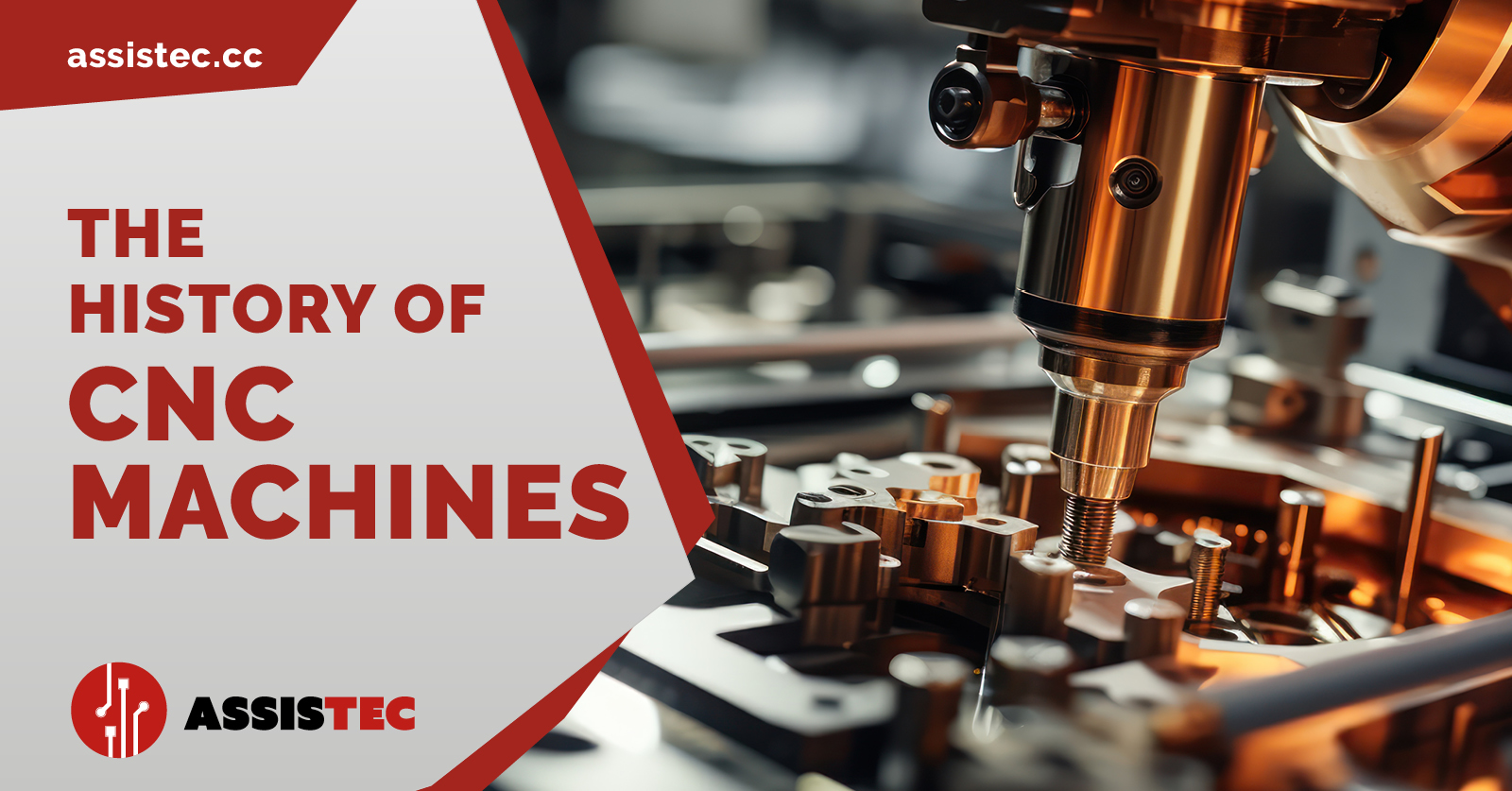FANUC MT-LINKI: A SIMPLE DATA COLLECTION METHOD

Continuous monitoring of the machine park

The revolution of Industry 4.0 is just a click away with FANUC MT-LINKi. This integrated PC software enables the collection of CNC data and monitoring of production equipment, such as machine tools, robots and PLCs. The system allows you to connect the machine park of your smart factory to production control and supervision systems, thus providing several benefits including analysis of production status, fault detection and optimised resource planning.
FANUC MT-LINKi allows you to monitor the production status of the entire factory in real time and in an intuitive way. In the event of faults or breakdowns, the system promptly activates the appropriate safety measures, sending alarm notifications to the operator. No special hardware is required to install the software, and configuration is quick and easy.
360-degree supervision and diagnostics
With FANUC MT-LINKi you can review the operating data of each individual machine at any time, and compare them with the production schedule. In addition, you can check the degree of use of the equipment, identifying any that are not used very often. This allows you to optimise the planning of the factory resources.
All diagnostic data, such as alarm and programme history, can be viewed directly on the computer. Planning and preparation of reports in Excel format also becomes automatic with FANUC MT-LINKi.
Choose Assistec, choose FANUC MT-LINKi
In addition to being a leader in the field of electronic and mechanical support, Assistec is an authorised dealer of FANUC MT-LINKi. Contact us and ask for a quote, our System Integration experts will guide you through all the stages of software integration, from installation to direct assistance.
Recent Posts

-
Assistec is your partner with over 25 years of experience in full service for CNC machine tools, offering both electronic and mechanical technical support. Our main objective is to minimise machine downtime, ensuring a rapid return to production and an efficient return on investment.
CNC electronic support services: rapid diagnosis and effective solutions
Our electronic service on CNC machine tools is characterised by a comprehensive service that begins with a thorough prior telephone diagnosis by our service department. This initial phase is crucial to quickly understand the nature of the problem. Thanks to our well-stocked electronic spare parts warehouse, we are often able to resolve the fault already during the first technical intervention.
-
MECSPE 2025 is one of Europe's leading trade fairs dedicated to innovation in the manufacturing industry. It is a crucial event for companies that want to stay up-to-date with the latest technologies, solutions and trends in the industry.
Over the years, MECSPE has helped transform artisanal processes into large-scale precision industrial systems. Today, the show serves as a meeting point for machinery manufacturers, technology suppliers, system integrators, and end users, creating an ideal environment for networking and knowledge exchange.
MECSPE is essential to discover how to automate and digitise production processes, improve efficiency, reduce costs and increase competitiveness. In this context, Assistec has decided to play a leading role once again, confirming its presence also in the 2025 edition.
-
Numerically controlled (CNC) machines represent one of the most important technological innovations of the modern industrial era.
Their ability to automate and standardise complex operations has changed the face of manufacturing, transforming craft processes into large-scale industrial precision systems.
The spread of CNC machines has made it possible to reduce human error, increase productivity and, above all, guarantee repeatability of machining operations that would otherwise have been impossible. This has proved particularly crucial in sectors where precision, efficiency and speed are vital, such as aerospace, automotive, precision engineering and medical device manufacturing.
One of the main reasons for the success of CNC machines is their ability to perform tasks with extreme precision that previously required the manual intervention of skilled workers.
With CNCs, on the other hand, once the machining has been programmed, the machine can perform an infinite sequence of operations without loss of precision, solving problems of variability and improving the quality of the finished product.
At this point, the question might arise: when did CNC machines originate and how did they reach this level of sophistication?



